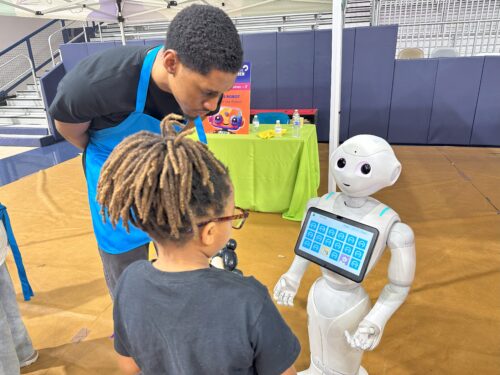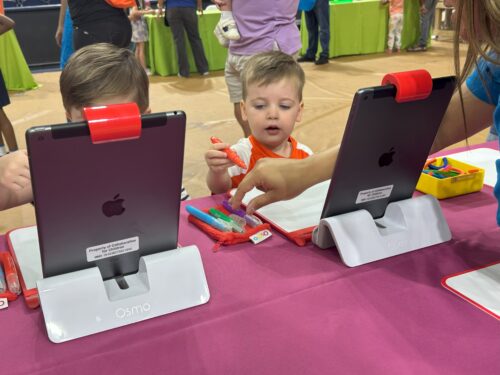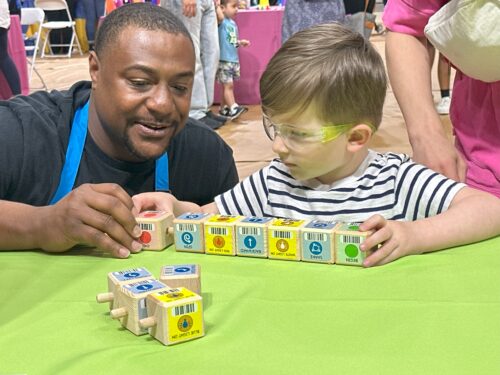
Technology continues to play a transformative role in the rapidly changing field of education. Leveraging innovative solutions to enhance early childhood education is crucial. One of the most promising advancements is using AI-driven platforms, which allow educators to tailor learning experiences to each child’s unique needs. This article explores how adaptive learning technologies, including tools like OSMO and KIBO, revolutionize early education, promote family engagement, and strengthen community impact.
Personalized Learning Experiences
AI-driven platforms offer a groundbreaking approach to early childhood education by providing personalized learning experiences. These technologies assess each child’s progress in real-time, enabling educators to adjust instruction based on individual needs. This level of customization ensures that every child receives the appropriate support and challenges, promoting a deeper understanding of concepts and skills. AI-driven platforms help create an inclusive and effective educational environment by catering to diverse learning styles and paces.
Enhancing Family Engagement
Family engagement is a cornerstone of successful early childhood education. AI-driven platforms facilitate better communication between educators and families, providing insights into a child’s progress and areas for improvement. Parents can access real-time updates and resources, empowering them to support their child’s learning journey at home. This collaborative approach strengthens the partnership between families and educators, ensuring children receive consistent and comprehensive support.
Integrating Innovative Tools Like OSMO and KIBO
To further enhance the learning experience, innovative tools like OSMO and KIBO are incorporated into educational programs.
OSMO: This interactive learning system uses physical objects and digital interfaces to create a hands-on learning environment. OSMO’s games cover a range of subjects, including math, literacy, and creative thinking, making learning engaging and fun for young children. Using tangible play with digital feedback, OSMO helps children develop critical thinking and problem-solving skills.

KIBO: This screen-free robot kit allows children to learn the basics of coding and robotics through play. KIBO uses wooden blocks to create sequences of commands, which the robot then follows. This method introduces children to programming concepts while enhancing their creativity and logical thinking skills. KIBO’s hands-on activities are developmentally appropriate, making complex ideas accessible to young learners.

Strengthening Community Impact
Integrating AI-driven technologies and innovative tools in early childhood education extends beyond the classroom, benefiting the broader community. By providing educators with tools to deliver high-quality, personalized instruction, these platforms contribute to improving educational standards. Communities that embrace these technologies can offer more equitable learning opportunities, helping to bridge gaps and promote long-term success for all children. Additionally, the data collected through these platforms can inform community programs and policies, leading to more targeted and effective interventions.
Innovation has the power to enhance early childhood education. AI-driven platforms and tools like OSMO and KIBO represent a significant step forward in creating personalized, engaging, and compelling learning experiences for young children. By supporting family engagement and strengthening community impact, these technologies help ensure that every child has the opportunity to reach their full potential.